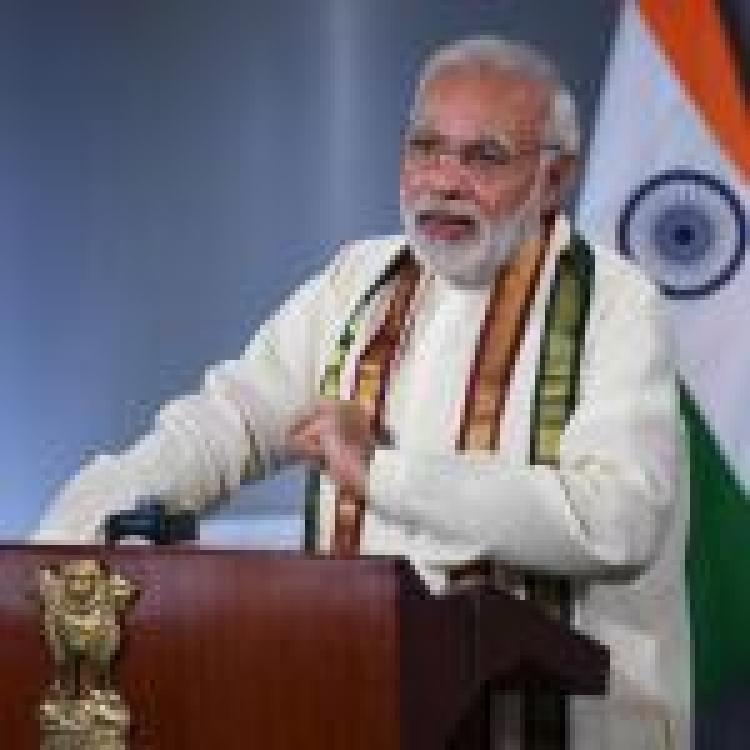<p>India’s Supreme Court has ordered the release of a journalist, Prashant Kanojia, who had posted controversial tweets about Yogi Adityanath, the leader of the Hindu nationalist Bharatiya Janata Party (BJP) and Utter Pradesh current Chief Minister.</p>
<p>According to a petition his wife sent to the Supreme Court; Kanojia, age 26, was detained by plainclothed police after he tweeted about a woman claiming to be in love with Utter Pradesh Chief Minister Yogi Adityanath.</p>
<p>A further two journalists have been arrested for holding a discussion on the women’s claim about Adityanath in Noida, a city on the outskirts of New Delhi. In Gorakhpur district in Uttar Pradesh, police arrested one person for sharing the tweets by Kanojia.</p>
<p>Justice Indira Banerjee argued in favour of Kanojia’s immediate release despite the insistence of a lawyer defending the state government that Kanojia’s post was slanderous. In her response, she questioned the heavy-handed methods of the state government stating, “We can understand that the tweets should not be made. But arresting?”.</p>
<p>This decision has drawn widespread criticism from media groups and opposition parties who are concerned that the BJP’s recent landslide victory would enable them to clamp down on dissident press.</p>
<p>The Editors Guild of India released a statement which read:</p>
<blockquote><p>
“Whatever the accuracy of the woman’s claims, to register a case of criminal defamation against the journalists for sharing it on the social media and airing it on a television channel is a brazen misuse of law,”
</p></blockquote>
<p>In a tweet, Rahul Gandhi, chief of India’s main opposition party in Congress, called Adityanath’s decision foolish and stated: </p>
<blockquote><p>
“If every journalist who files a false report or peddles fake, vicious RSS/BJP sponsored propaganda about me is put in jail, most newspapers/ news channels would face a severe staff shortage,”
</p></blockquote>
<p>India is currently ranked 140 out of 180 in the 2019 World Press Freedom Index. Its entry notes that police violence against violence is a pervasive aspect of the country’s press environment.</p>
<p>Read more <a href="https://www.reuters.com/article/us-india-journalist/indian-court-orders…">here</a> and <a href="https://rsf.org/en/india">here.</a></p>
We need your support
Sri Lanka is one of the most dangerous places in the world to be a journalist. Tamil journalists are particularly at threat, with at least 41 media workers known to have been killed by the Sri Lankan state or its paramilitaries during and after the armed conflict.
Despite the risks, our team on the ground remain committed to providing detailed and accurate reporting of developments in the Tamil homeland, across the island and around the world, as well as providing expert analysis and insight from the Tamil point of view
We need your support in keeping our journalism going. Support our work today.

